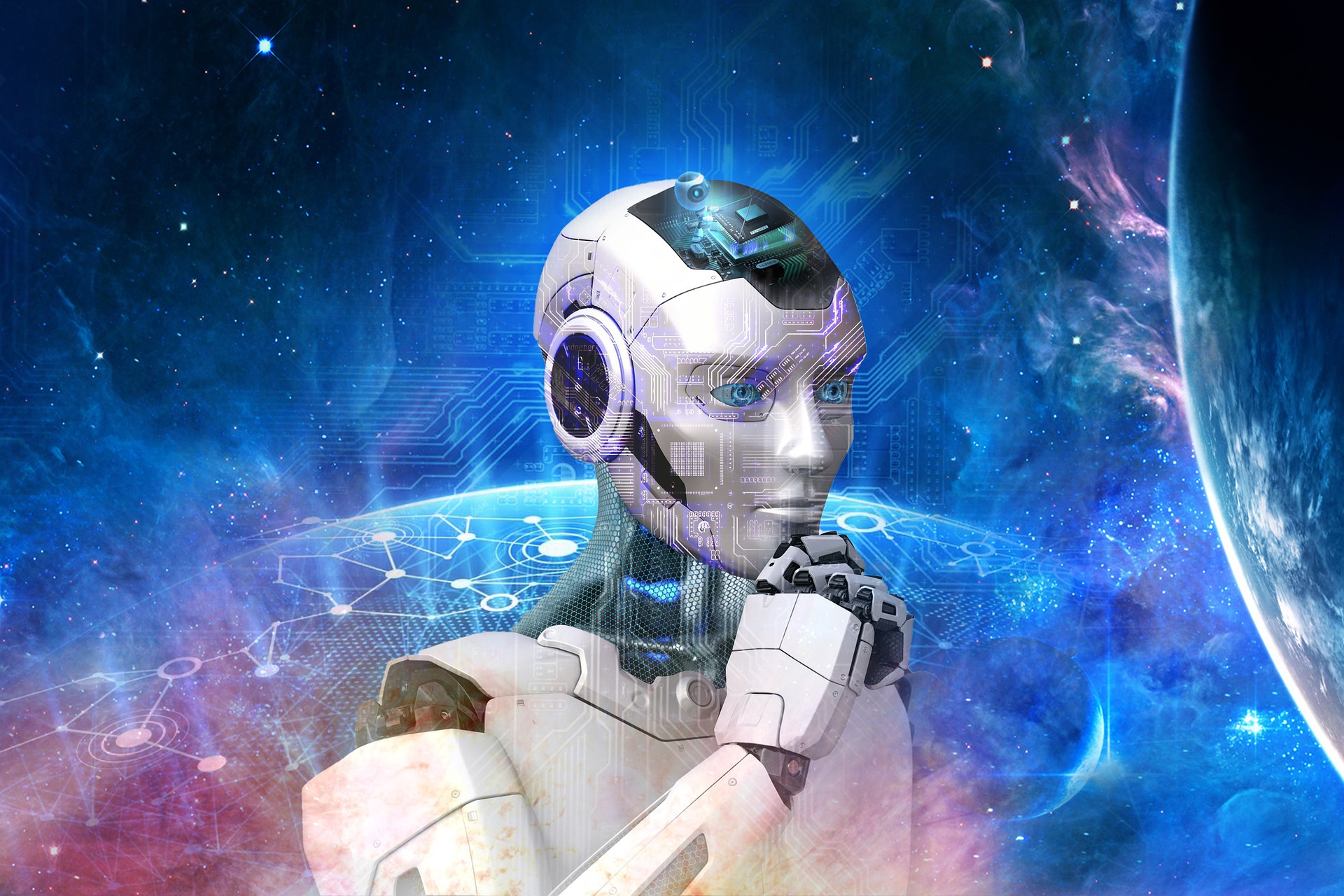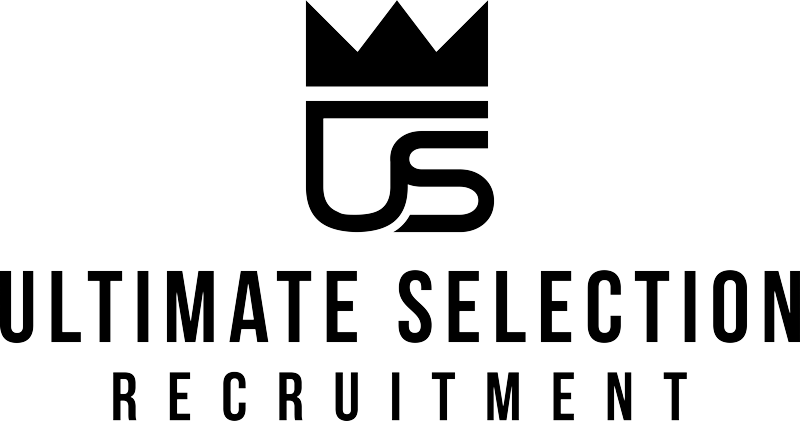
How AI Helps Filter Job Applicants
How AI Helps Filter Job Applicants

In an increasingly volatile and competitive job market, recruiters are looking for any edge they can get to help make the recruitment process faster, less expensive, and ultimately more effective. For nearly 70% of recruiters surveyed on LinkedIn, AI has been a significant help to them in achieving their recruitment goals.
But how exactly does AI help to filter job applicants? And what does that mean for job seekers? In this short article, we’ll take a closer look at how AI is used in recruitment and how both recruitment managers and job seekers can use this information to their advantage.
AI Helps Recruiters Target The Right Candidates
More and more online job portals are using AI to help match their users with the offers that are most likely to appeal to them and that they are qualified for. For example, job portals can use AI to analyze millions of job offers and scan them for the transferable skills the company is looking for and then show those results to job seekers who list those skills on their resumes.
This type of filtering can be done for any number of criteria or a combination thereof. Ultimately, this helps recruiters weed out candidates who might be interested in a given job offer but do not have the profile the company is looking for.
What This Means for Recruiters
By targeting only those candidates who are likely to possess the background and skill set your company is looking for, you will likely get better results in a shorter amount of time.
Additionally, you are limiting the chances of a candidate having a negative experience – applying for a job they have little to no chance of getting. This is important because, thanks to the prevalence and popularity of job portals, blogs, and social media, job seekers stay connected and they share their experiences. Candidate experience impacts your company’s experience, and AI can help to minimize, if not eliminate, potential negative candidate experiences.
What This Means for Job Seekers
Job seekers can use this relatively new approach to their advantage. Read a variety of job offers, find the ones that interest you, then work the language of those job offers into your resume. Before trying to impress the hiring manager, you will have to appeal to AI. Flattery will get you far. And there is no greater form of flattery than imitation.
AI Predicts a Candidate’s Likelihood for Success
With enough data collected on the success or lack thereof of a company’s employees, recruiters can create a profile of the type of candidate who is more likely to turn out to be a good hire. Some of the elements that go into this profile include:
- How long an employee stays with the company
- The level of employee engagement
- The overall productivity of an employee
- Promotions, bonuses, and awards
- Disciplinary actions or dismissals
By analyzing the profiles of successful employees, AI is able to identify patterns or commonalities among these workers. AI can then use this list of commonalities to create a profile of a candidate who is likely to turn out to be a successful employee at the company, and they can filter applicants accordingly.
What This Means for Recruiters
When AI is used successfully in recruitment, it relies on data that has been collected over the entire duration of an employee’s stay with the company. AI also has the added benefit of being neutral, which despite our best intentions, as human beings we are simply not capable of this. Everyone has biases – either conscious or unconscious. And these biases can lead recruiters to make poor decisions based on irrelevant data.
On the other hand, AI is concerned with correlation and is not affected by irrational emotions or biases. Because of this, AI is able to identify patterns or predictors that may otherwise go unnoticed.
Be aware that data collection is a strictly regulated endeavour – often with changing guidelines and restrictions.
AI Is Used in All Stages of The Recruitment Process
Beyond filtering applicants in the initial step, AI has a role to play in subsequent steps as well. In the form of chatbots, AI is often used to engage with candidates, walk them through the recruitment process they are about to undertake, and schedule them for tests, interviews, and the like.
Chatbots can test a candidate’s proficiency in the skills required for a given job. They can simulate customer interaction and score and rank candidates accordingly.
What This Means for Recruiters
More often than not, recruiters need to screen multiple candidates before making their decision. And each candidate typically goes through multiple rounds of interviews and tests. AI can help recruiters save time by delegating many of these tests and screening interviews to AI.
What This Means for Job Seekers
When interacting with AI in the context of a skills assessment test or a screening interview, the applicant can be confident knowing that their candidacy is being considered exclusively on its merits. AI does not have a bias. Therefore the chances of losing out on a job for a random and unrelated reason – like a recruiter’s unconscious bias against the state the candidate hails from – are greatly reduced (if not eliminated altogether).
In a Nutshell
AI used in the recruitment process saves recruiters time by better targetting appropriate job seekers, filtering out applicants based on predetermined criteria, and carrying out the initial interviews as well as tests and skill assessments.
Job seekers stand to benefit from AI in recruitment as well since the increase of AI in recruitment should lead to a decrease in biases in the hiring process.
